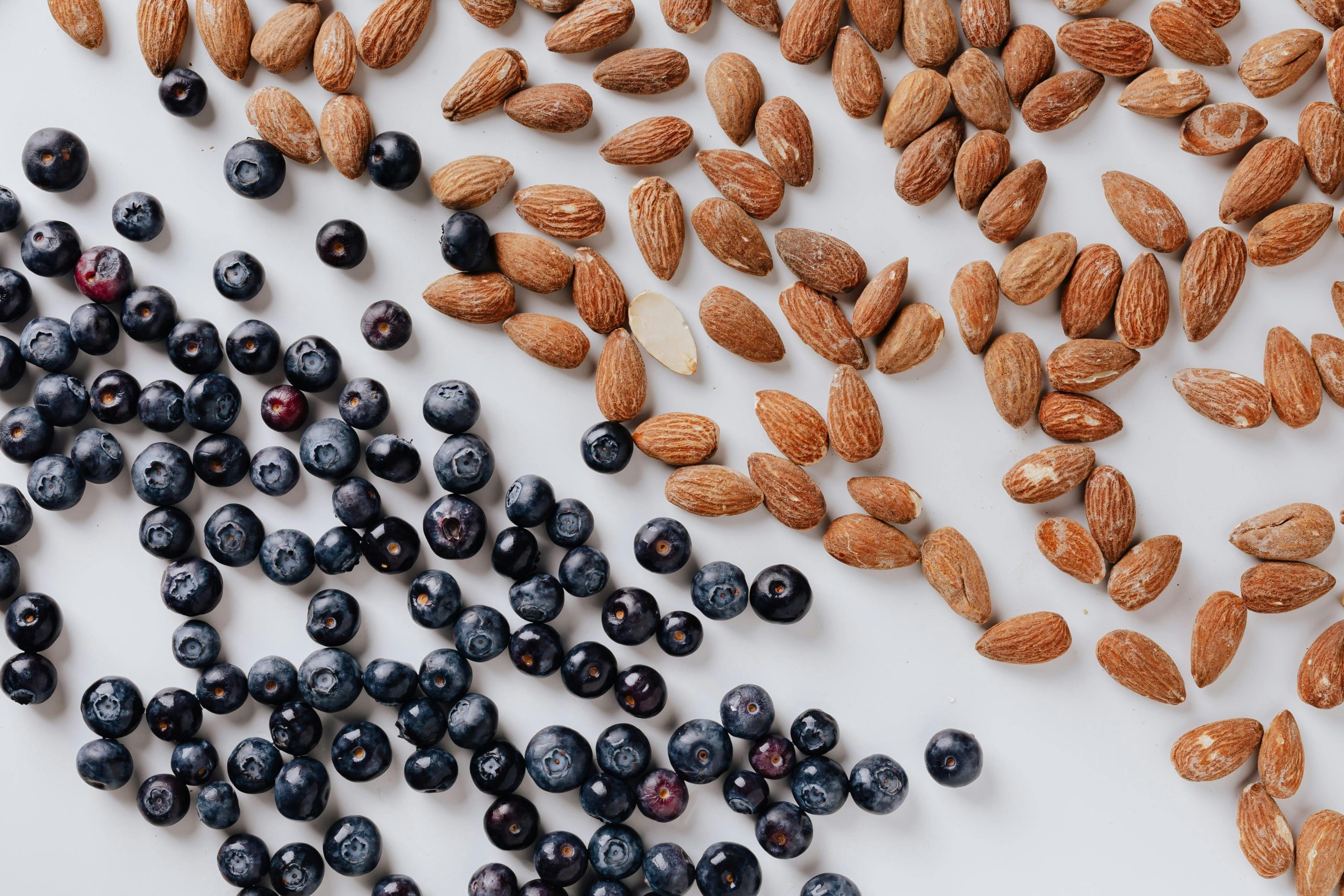With consumers prioritizing health more than ever, food makers are turning to functional ingredients like probiotics to provide documented health benefits in food and beverages.
In an exclusive Food Institute webinar, bioscience company Chr. Hansen teamed up with consumer analytics tech agency Social Standards to provide insights into the probiotic category, and how consumers leverage social media to learn about it.
Below are key takeaways from Dr. Gregory Leyer, senior director of scientific affairs at Chr. Hansen, and Jordan Breslauer, vice president of data analytics & customer experience at Social Standards:
THE IMPORTANCE OF UNDERSTANDING PROBIOTICS
It is important to understand what a probiotic is, as well as how it differs from a prebiotic.
- Probiotic: Live microorganisms that, when administered in adequate amounts, confer a health benefit on the host
- Prebiotic: Substrates that are selectively utilized by the host microorganism conferring a health benefit
Present in numerous foods and dietary supplements, probiotics can help support the bacteria that live in us, especially when our bacteria are challenged – for example by antibiotics, poor diet or traveling.
Probiotics play an important role in the microbiome. The human microbiome is the totality of microbes and their genomes in and on the human body. Throughout all stages of life, the microbiome can impact human physiology and health.
“We are outnumbered by bacteria to human cell in our bodies,” said Dr. Leyer. “We are largely a reservoir of bacteria, and we have a very synergistic relationship.”
CONSUMER PERCEPTIONS ABOUT PROBIOTICS
Consumers, while still sometimes confused, are becoming more and more aware of the health benefits attributed to probiotics.
“It’s interesting to see the evolution of understanding in people. Who are the active adaptors of this and what are the key parameters of their lifestyles that we can group them in?” said Dr. Leyer.
Daily consumers of probiotics are typically health conscious and physically active, Dr. Leyer noted. Thirty-six percent are Millennials (25-39) and 33% are Gen X (40-56).
When looking at who talks about probiotics, Social Standards also found that 74.36% are women, while 25.64% are men. However, the percentage of probiotics conversations coming from men is up 30% in the last 24 months.
More than half of probiotic consumers were turned onto them from someone they trust, while the internet is used to seek more information.
MOTIVATIONS CONSUMERS HAVE FOR TAKING PROBIOTICS
Health is the central motivation for taking probiotics, and according to findings from Social Standards, Instagram conversations about probiotics peaked early in the pandemic.
“At that point people were really leaning into health-related solutions, and so at that benefitted probiotics and many other health products in a similar way,” said Breslauer.
Gut health, digestive issues, and immunity typically dominate probiotic conversations, while sleep benefits have become a fast-growing trend.












